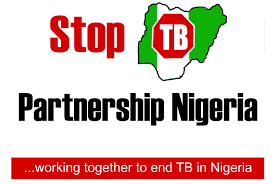The Stop Tuberculosis (TB) Nigeria Initiative has unveiled a new private sector strategy aimed at eradicating TB in Nigeria, calling for increased involvement from business leaders in the fight against the disease.
Coordinating Minister of Health and Social Welfare, Muhammad Pate, announced the initiative on his X (formerly Twitter) handle, highlighting Nigeria’s progress in TB case detection while emphasizing the need for private sector engagement.
Pate stated, “We know the statistics, we are leading in case identification, and the government and its development partners are doing their part. Now, it’s time for the private sector to join in the fight against tuberculosis in Nigeria.”
The minister underscored the persistent threat of TB in Nigeria, particularly its disproportionate impact on vulnerable and marginalized populations. Despite progress, significant challenges remain, including the need for vast resources to maintain and scale up efforts.
“This isn’t just a health concern, but a social and economic issue that concerns everyone, either directly or indirectly,” Pate added.
The new strategy aims to leverage private sector expertise and resources to enhance the impact of TB control efforts.
Pate proposed a collaborative funding model, suggesting, “Imagine the impact of a strategic partnership where the Nigerian private sector leaders raise $25 million for TB initiatives, and the government and development partners match it.”
The initiative has garnered support from high-profile advocates, including First Lady Oluremi Tinubu and Ibijoke Sanwo-Olu, wife of the Lagos State Governor. Their involvement has been crucial in raising awareness and motivating action across various sectors of society.
Pate also acknowledged the contributions of international partners such as USAIDGH, the Stop TB Partnership Nigeria, Agbami Parties, GlobalFund, UNOPS, KncvNigeria, and the Institute of Human Virology Nigeria. He specifically mentioned the influence of global health icon Peter Piot, whose work has significantly shaped Nigeria’s TB strategies.
The Explainer learned, the initiative aligns with the Global Plan to End TB (2023-2030), a comprehensive roadmap developed by the Stop TB Partnership to end TB as a public health challenge by 2030.
The plan outlines priority actions and financial resource requirements, building on previous efforts and global commitments made at the 2018 United Nations high-level meeting on TB.


























